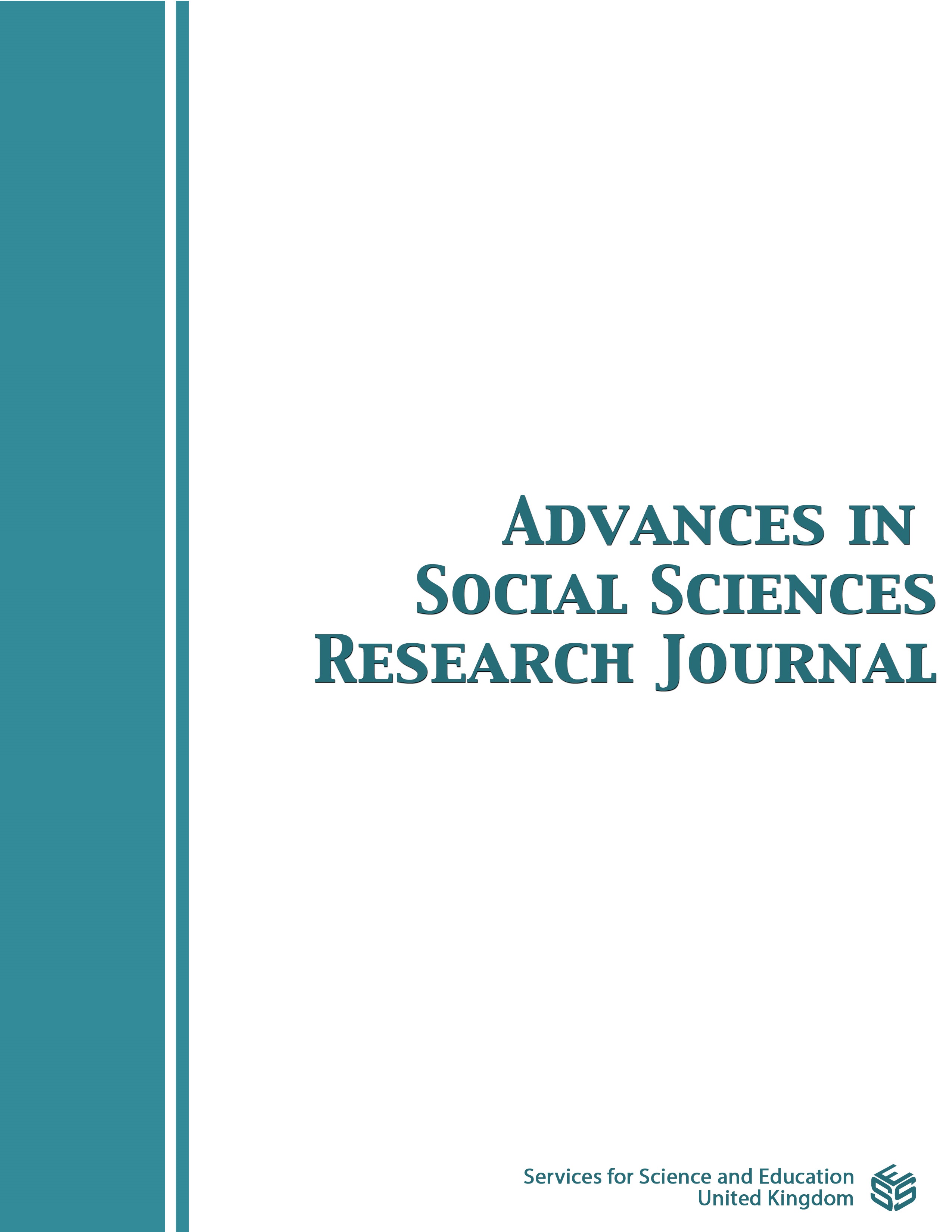Sustaining Better Life After Retirement: A Pragmatic Approach for University Staff in Ghana
DOI:
https://doi.org/10.14738/assrj.1202.18082Keywords:
Retirement planning, University staff, Ghana, Post-retirement well-beingAbstract
Purpose: This paper explores pragmatic approaches for sustaining a better life after retirement, specifically focusing on university staff in Ghana. It examines current challenges, identifies key strategies, and proposes a framework for effective retirement planning and post-retirement well-being. The study employs a comprehensive review of recent literature, published within the last five years, on retirement planning and post-retirement life quality. It synthesises findings from various sources to develop a pragmatic approach tailored to the Ghanaian university context. The study reveals that effective retirement planning for university staff in Ghana requires a multifaceted approach, encompassing financial planning, health management, social engagement, and continuous learning. Key challenges include inadequate pension schemes, limited financial literacy, and the need for post-retirement career opportunities. This paper recommends actionable strategies for university administrators, policymakers, and individual staff members to enhance retirement preparation and post-retirement life quality. It offers a framework that can be adapted to various institutional contexts within Ghana’s higher education sector.
Downloads
Published
How to Cite
Issue
Section
License
Copyright (c) 2025 Stephany Abokzele Adongo

This work is licensed under a Creative Commons Attribution 4.0 International License.
Authors wishing to include figures, tables, or text passages that have already been published elsewhere are required to obtain permission from the copyright owner(s) for both the print and online format and to include evidence that such permission has been granted when submitting their papers. Any material received without such evidence will be assumed to originate from the authors.






